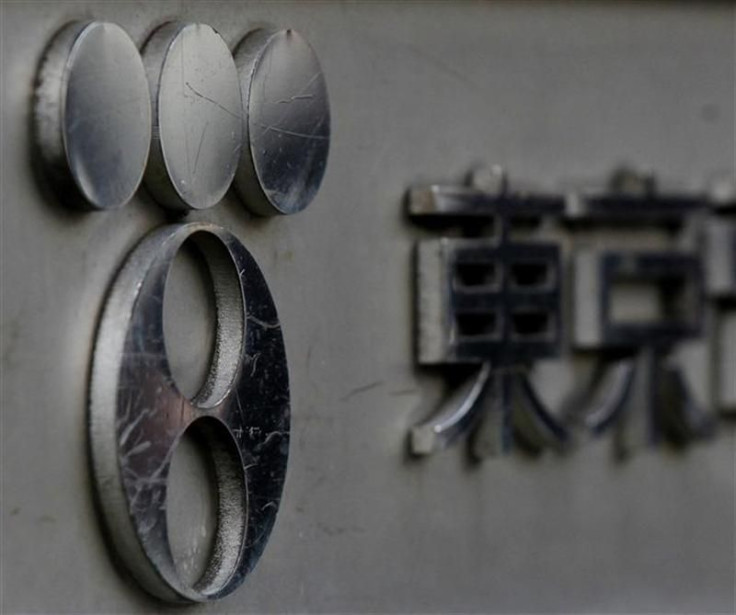Fukushima Nuclear Plant Operator Asks Govt For $22B More In Aid

The Tokyo Electric Power Co. Inc. (TYO:9501), or Tepco, operator of Japan's failed Fukushima nuclear power plant, has asked the Japanese government for $22 billion in additional bailout money for mounting expenses, including compensation for victims of last year's nuclear meltdown.
The company requested more funds from the Nuclear Damage Compensation Facilitation Corp., an entity set up by the Japanese government to pay nuclear damage compensation. The entity is partially funded by nuclear business operators in Japan.
Earlier, Tepco had asked for 1.7 trillion yen ($21 billion) from the fund. Now, it is asking for 2.5 trillion yen, an increase of 846 billion yen.
The battered company, Japan's largest electric utility, is also requesting a capital injection of 1 trillion yen, via a government stock purchase, to pay for necessary compensation payouts, the steady decommissioning of Unit 1 to 4 at Fukushima Daiichi Nuclear Power Plant, securement of sufficient capital for stable power supply, and early bond issuance to be able to raise funds independently.
In total, Tepco is asking for an additional 1.85 trillion yen, 1 trillion yen from government stock purchase plus 846 billion yen from compensation fund, or $22 billion. Before Thursday's requests, the Japanese government had already given the company 1.5 trillion yen in bailout money.
Our financial condition is extremely severe. It's getting worse by the day, Tepco President Toshio Nishizawa said at a news conference, reported The Associated Press.
The Fukushima nuclear power plant, damaged by the earthquake-induced tsunami and resulting flooding of March 2011, released radioactive materials into the atmosphere and forced nearby residents to evacuate their homes.
It was the worst nuclear accident since the Chernobyl disaster of 1986 in Ukraine.
Since Fukushima nuclear meltdown, 54 of Japan's 55 nuclear reactors are now offline and the last one is scheduled to stop in May, according to the AP.
© Copyright IBTimes 2025. All rights reserved.





















